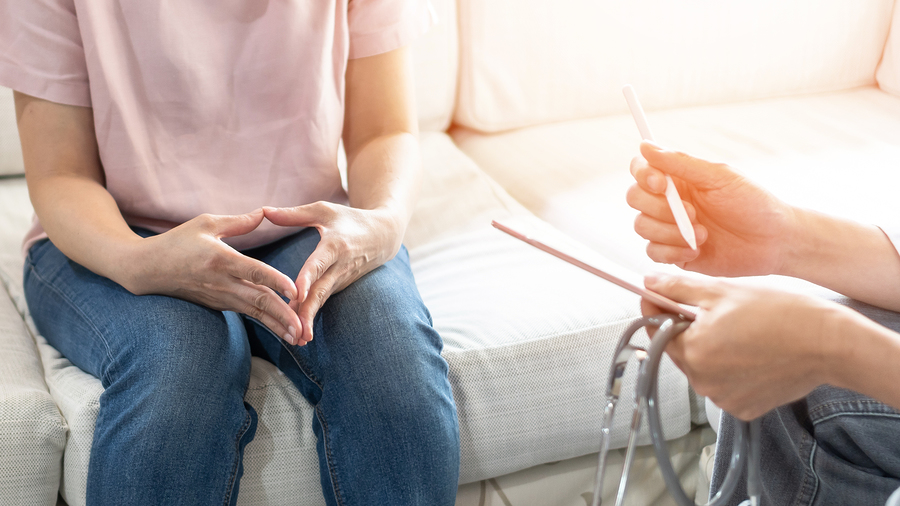The Symptoms Of Vulval Cancer To Be Aware Of

Being familiar with your body and keeping an eye on any changes as and when they occur is wise so you can be proactive where your health is concerned. It’s always best to catch anything as early as you can, so knowing what signs to look out for is important.
Where vulval cancer is concerned, there are numerous symptoms to be aware of, including persistent itching that won’t go away, pain and tenderness, changes to the skin such as thickening or colour differences, wart-like bumps, lumps or open sores, as well as bleeding that is unrelated to menstruation.
If you experience any persistent symptoms that do start to worry you, make sure you book an appointment with your GP or a consultant gynaecologist to put your mind at ease.
You will likely need to have a physical examination carried out so your doctor can look for any abnormalities. You may also need to have a biopsy done, depending on the results of your physical examination, which involves removing a sample of tissue for testing.
Treatment for vulval cancer will depend on the type and stage of the disease. Excision may need to be carried out, which involves removing the cancer and some healthy tissue in order to make sure that all cancerous cells are removed.
Larger cancers may require a partial vulvectomy, with surgery carried out to remove part of the vulva. Doctors may recommend a combination of chemotherapy and radiation therapy to try and shrink the tumour prior to surgery. If you’re worried and would like more help or advice, get in touch with us today.